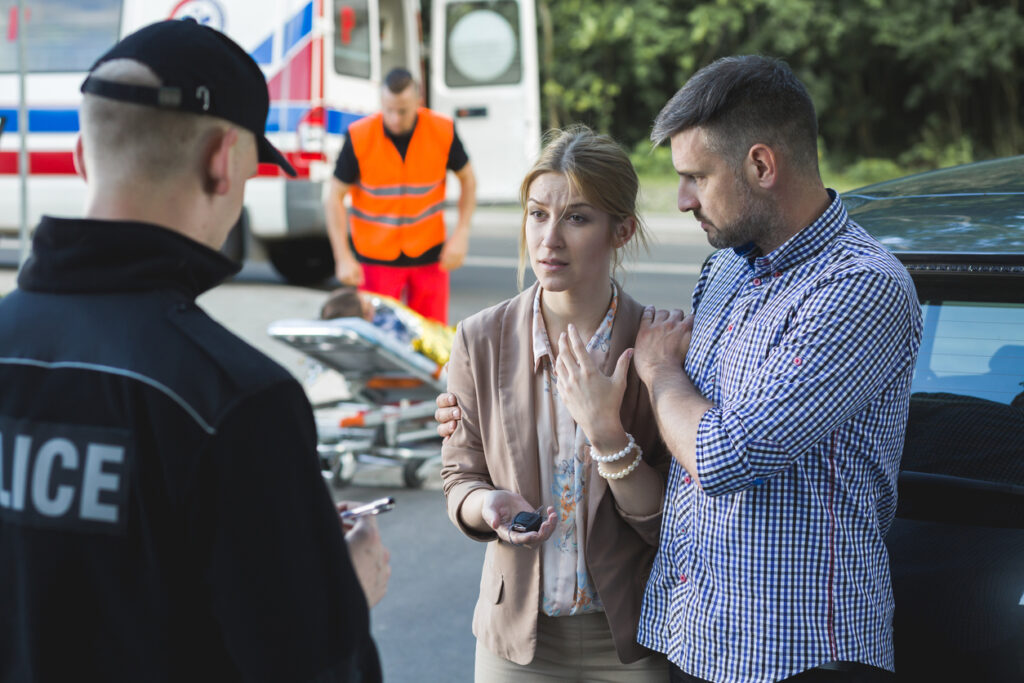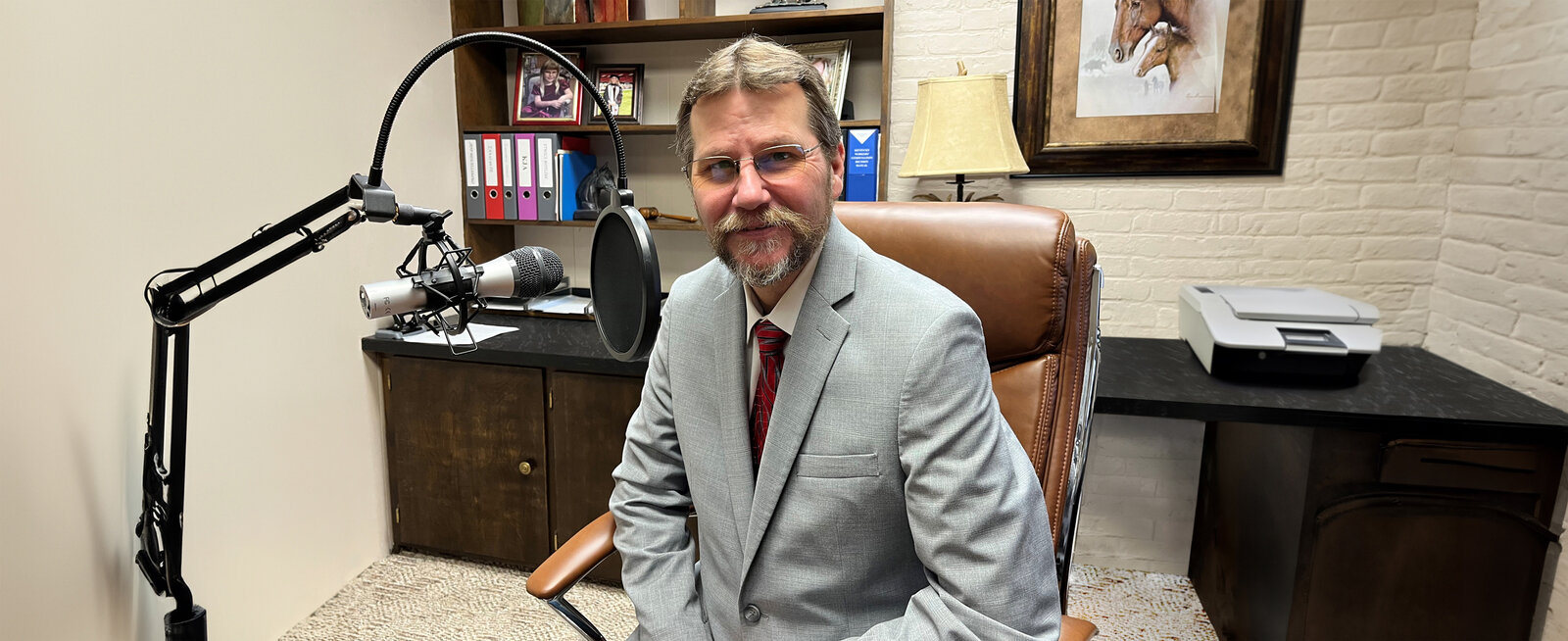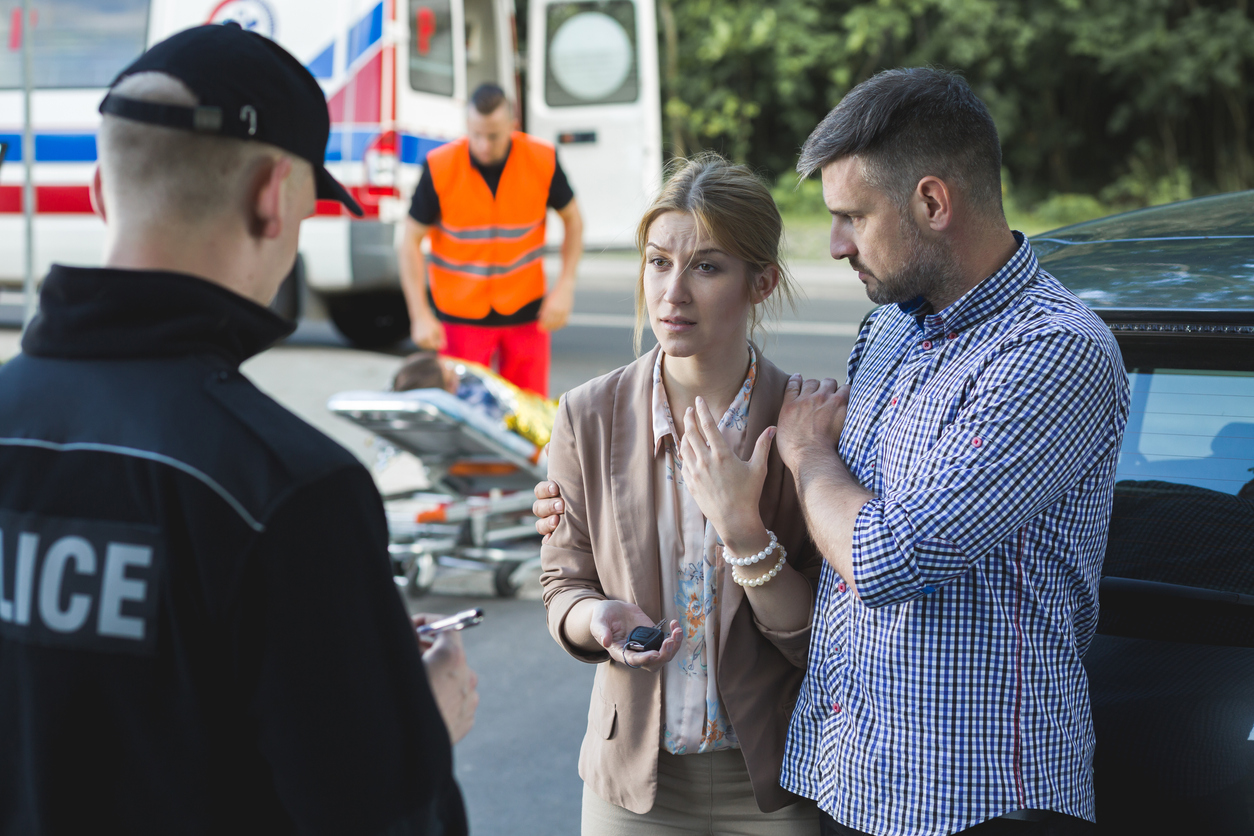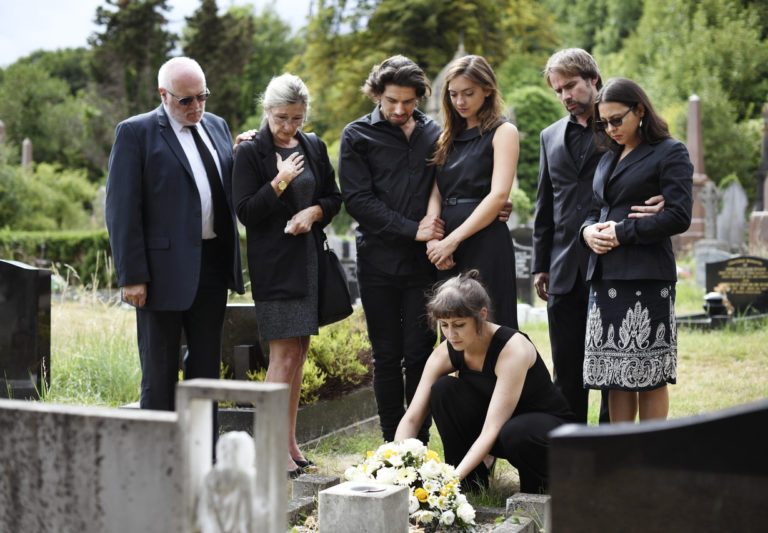Episode 54: Murray personal injury attorney Jeff Roberts has handled automobile accidents for 30 years. In today’s episode, he explains what to tell the police at an accident scene. They are there to help and assist. Jeff explains why how you interact with them can have an effect on the police report and issues later in the case.
When you’re in an accident, it’s important to know what to do and how to interact with the police officers who show up to the scene. Jeff suggests that it’s important to call the police to the scene of an accident, even if there are no injuries. This is important for a few reasons.

Why Should You Get the Police Involved?
First, the police can document the collision and get all the necessary information from the involved parties. This includes insurance coverage information, as well as the names of any witnesses who may have seen the car or motorcycle wreck. Having the police report can be beneficial when dealing with insurance companies, as they can use it to determine who is responsible for any property damage.
Jeff explains the police report can also be used in court if the case goes to trial. This is why you need to understand what to tell the police at an accident scene. It may be used to prove that the at-fault driver changed their story from the time of the accident to the time of the trial. This can be used to prove that the at-fault driver is attempting to blame the other party for the collision.
Finally, if there are any injuries resulting from the wreck, the police report can document them as well. This can be useful for filing insurance claims or for filing a personal injury lawsuit.
Promptly Seek Medical Attention
It’s also a good idea to seek medical attention after an automobile accident. Even if you don’t feel any pain at the accident scene, adrenaline can mask any potential injuries that may arise in the hours or days following the collision.
By seeking medical treatment, you can help to ensure any potential injuries are identified and treated as soon as possible. Additionally, if you are pursuing an insurance or legal claim, it’s important to have documentation of your injuries.
Be Honest with the Police
It’s important to be honest with the police at accident scene. The officer, sheriff or trooper will usually designate the drivers involved on the report. Driver one, as specified, is usually the driver the officer feels is the at-fault driver. However, remember that the officer’s assessment doesn’t carry significant weight in court. The report is based on the information provided at the scene. He/she most likely did not witness the collision.
It’s okay to tell the police the following:
- If you think the other driver is intoxicated
- If you saw the other driver stuffing items under the seat or into the trunk
- If the other driver admitted he/she caused the wreck
- If you are unsure about the details, tell the officer
After a car wreck, your adrenaline is pumping and it may cause you to not remember the full sequence of events. This is especially true if you’ve hit your head. If you don’t remember, it’s okay to admit this to the officer. It’s not misleading, if it’s actually true.
Be Courteous to the Officer
Jeff stresses this point. By being courteous, respectful and calm, you may avoid saying or doing anything that could negatively impact what’s contained in the police report. You may need to rely on that officer’s impression of you, if there is a need to follow up with him/her.
Remember law enforcement officers are people, too. They’re not there to take sides. They’re job is to thoroughly document what happened based on the evidence, statements from those involved and from any witnesses. It’s human nature for people to be more favorable to those who are pleasant and nice, so how you act can ensure the police at an accident scene are not biased against you.
The officer may suggest you go to the hospital. If you decide to wait a few days, you should contact the officer to let him/her know you did eventually go to the doctor. The police report can be amended, which may further support your injury claim.
Jeff also recognized the need for you to accurately state what happened, to the best of your ability. If you do later change your story, and the case goes to trial, the jury may think you were lying at the time of the accident. They can very quickly begin making assumptions about which driver they should believe and therefore which one is the at-fault driver. Hopefully this information will be useful when you have to talk to the police at an accident scene.
Jeff Is an Experienced Trial Lawyer
When it comes to handling automobile and big truck accidents, Jeff believes it’s important to work cases as though they are going to trial. In reality, the majority of personal injury cases will settle, before trial. However, Jeff doesn’t just take cases to settle them. The insurance companies know which attorneys they might be able to negotiate a quicker settlement with. This may not be the best result for you claim, financially.
The insurance companies recognize Jeff’s experience and willingness take cases to trial. That can impact the amount of money they are willing to offer to settle the case. This enables them to avoid what could be a larger jury verdict in the end.
Note, each case is treated individually and the facts of your case will be unique. There is no guarantee of outcome. Still, experience, reputation and performance matters.
Jeff Roberts Represents Injured Clients Throughout Kentucky
With offices located in Calloway County and now Christian County, Jeff has a history of representing personal injury clients, workers’ compensation clients and social security disability clients across the state. He’s represented clients from Paducah, Bowling Green, Louisville, Covington, Whitesville and many other Kentucky locations. He’s not just a Western Kentucky injury attorney.
We hope you found this episode insightful and helpful. Thank you for listening!
Is It Time to Speak with an Attorney about Your Automobile Accident Claim?
The office phone number is (270) 753-0053 or toll free at 800-844-5108. For more information, visit www.JeffRobertsLaw.com. This podcast is meant to provide information and is not legal advice. Jeff’s principal office is located at 509 Main Street, Murray, Kentucky. Co-host Jim Ray is a non-attorney spokesperson. This is an advertisement.




